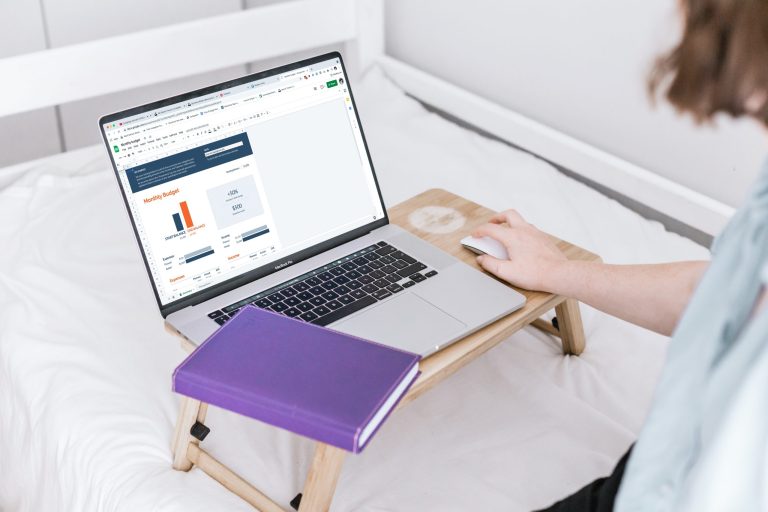- Savings
 SavingsSave regularly, from as little as £5 per month.
SavingsSave regularly, from as little as £5 per month.- Member Account
- Family Member Account
- Junior Account
- Notice Plus Account
- Reserve Account
- Five-Year Regular Saver
- Festive Fund Account
- Discontinued Accounts
- Loans
 LoansHelping you by offering a range of loans for a variety of purposes, direct from your payroll.
LoansHelping you by offering a range of loans for a variety of purposes, direct from your payroll.- Member Loan
- Consolidation Loan
- Commutation Loan
- Student Officer Loan
- Revolving Credit
- Green Loan
- Loyalty Loan
- 70+ Loan
- Credit Builder Loan
- Holiday Loan
- Additional Borrowing
- Discontinued Accounts
- Mortgages
 MortgagesHelping the police family to get on and remain on the property ladder.
MortgagesHelping the police family to get on and remain on the property ladder.- Speak to a Mortgage Adviser
- Mortgage Calculator
- How to apply
- Agreement in Principle
- First Time Buyer
- Fixed Rate Mortgages
- Family Assist Mortgage
- Standard Variable Rate Mortgage
- Budget Planner
- Useful Contacts
- Financial Wellbeing
 Financial WellbeingSome of our top tips to help you manage your money even better.
Financial WellbeingSome of our top tips to help you manage your money even better.- Managing Debt
- Representative APR
- Credit Score
- Gambling awareness
- Stop Loan Sharks
- Jargon Buster
- Fraud Awareness
- Family Financing
- Support for your wellbeing
- Let’s Talk About Money newsletter
- Services and Support
 Services and SupportFind more information on the additional services or support we offer.
Services and SupportFind more information on the additional services or support we offer.- Interest and dividend rates
- Prize Draw
- Life Protection
- Notify us of your retirement
- FAQs
- Annual General Meeting
- About Us
 About UsFind out more about the biggest police credit union in the UK.
About UsFind out more about the biggest police credit union in the UK.- About Us
- Board of Directors
- Mission Statement
- News
- Contact Us
Understanding joint accounts
Written by: Ben Kirkman
Category: Let's talk about money
Read Time: 4 minutes

| Subscribe to our monthly “Let’s talk about money” newsletters here! |
Opening a joint account can be a significant financial decision for people looking to navigate their financial lives together. Legal and General claim that two-thirds of cohabiting couples have a joint account and half of the remaining people would potentially share all their money with their partner. In this article, we’ll clarify what joint accounts are and examine the pros and cons of them to help you consider your options to see if it is something that would suit you and your plus one.

- What is a joint account
- The pros and cons of joint accounts
- Preparing to open a joint account
- If things go wrong
A joint account is an account in the name of two or more people. With a joint account, each account holder has equal rights to access the money in the account and they are stereotypically used by people who trust one another such as:
- Relatives
- Couples
- Business partners
- Housemates
Please note that if you require long-term access to help manage someone else’s finances e.g., an elderly relative, registering for a Power of Attorney may be more suitable. You can find more information here: https://www.ageuk.org.uk/information-advice/money-legal/legal-issues/power-of-attorney/
The Pros and Cons of Joint Accounts
When considering whether to open a joint account, it’s essential to understand the pros and cons to make an informed decision that best aligns with your financial circumstances and goals. We have provided some pros and cons to help you examine both sides of the coin.
Pros:
- Joint accounts are a straightforward way of sharing money and managing your living costs e.g., bills and mortgage/rent payments.
- Your finances are transparent, all account owners can see what is being spent where, including areas you could cut back on.
- Some couples found that having a joint account can help prevent arguments about money.
- Parents and children: Joint bank accounts can help parents instil good financial habits in their children.
Cons:
- If one person has a poor credit history, as soon as you open the account together you will be ‘co-scored’ meaning that your credit ratings will be linked.
- Loss of privacy. Account holders will be able to see every transaction made and for some individuals, this level of visibility could make you feel uncomfortable.
- A single account holder could drain the account at any time without the permission of the other account holder.
- If one of the account holders overspend and the account goes overdrawn, all parties will be responsible for paying back the debt. This may mean you will be responsible for paying off another account holder’s debt.
Remember, you and your partner must be on the same page financially: If you are a saver, and they are a spender this could cause big problems. Furthermore, you must consider that unless both signatures are required, any account owner could withdraw the full balance without the other’s permission.
Preparing to open a joint account:
To open a joint account, there are three steps you should take before choosing your account:
- Check that you’re eligible: Generally, each of the joint applicants will need to be 18 years old+ and currently living in the UK or EU.
- Proof of ID and address: There are several different documents you can use, but some of the main ones include: Passport, driver’s license, council tax bill, etc.
- Check your credit score: Checking your credit score prior to applying for your joint account is a good way to check the information the credit agencies hold is accurate and up to date. In the UK, the three main credit reference agencies are TransUnion, Experian, and Equifax. It is also worth noting that there are accounts available which do not need to be credit scored.
If you find yourself in a position where you are having serious problems with fellow account holders, you should contact your account provider and see what options are available. An option may be to freeze the account meaning no one can withdraw money and that the account will only be unlocked by the provider when everyone agrees on how to split the money.
Financial abuse: Financial abuse is defined as someone controlling another adult’s access to their finances or ability to earn money, to reduce their independence and force reliance. One of the unfortunate realities of joint accounts is that it makes it easier for one person to control another economically. The charity for Surviving Economic Abuse found that in the UK one in six women experienced economic abuse by a current or former partner and one in seven men experienced this. If you ever find yourself in a situation where you are being prevented from accessing your own account, your partner is taking control of your income or you are losing control of your finances in any other way, here are some places you can get help:
- Refuge – 24/7 freephone 0808 2000 247
- Women’s Aid– Live chat function (Mon-Fri 08:00-18:00, Sat-Sun 10:00-18:00)
- Men’s advice line – Freephone 0808 8010 327 (Mon-Fri 10.00-20.00)
Whilst joint accounts offer the benefits of shared financial responsibilities and simplified budgeting it is also important to consider the drawbacks of losing individual autonomy and the potential damage to your credit score. By considering your unique situation and maintaining open communication with the partner(s) you plan on opening an account with, you can make an informed decision on whether a joint account is the right product for you.
| Subscribe to our monthly “Let’s talk about money” newsletters here! |
Written by,
Joseph Thakker
Student Marketing Officer
Sources of information:
https://www.moneyhelper.org.uk/en/everyday-money/banking/joint-accounts





